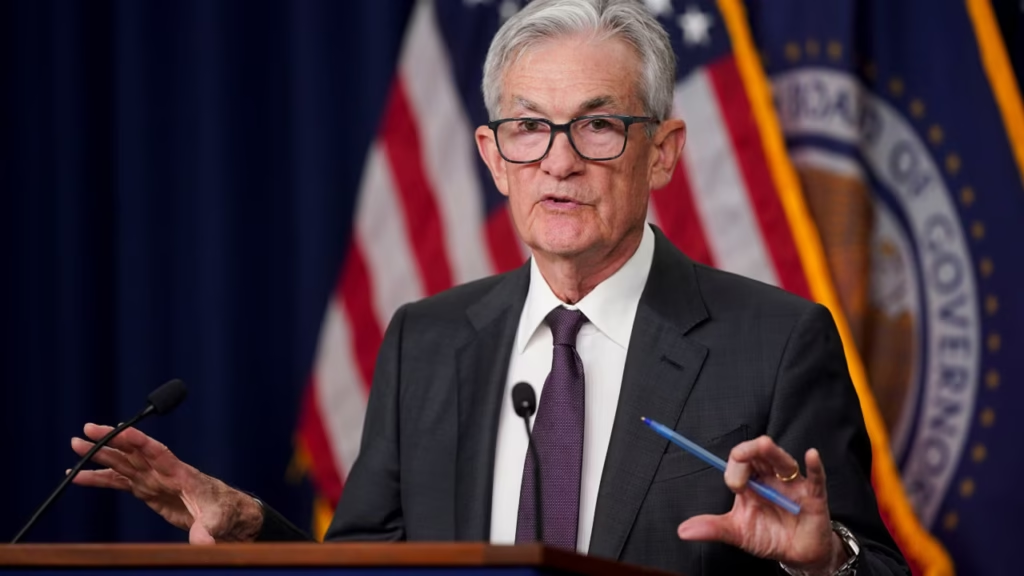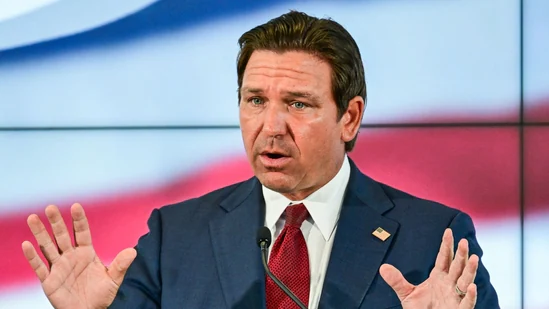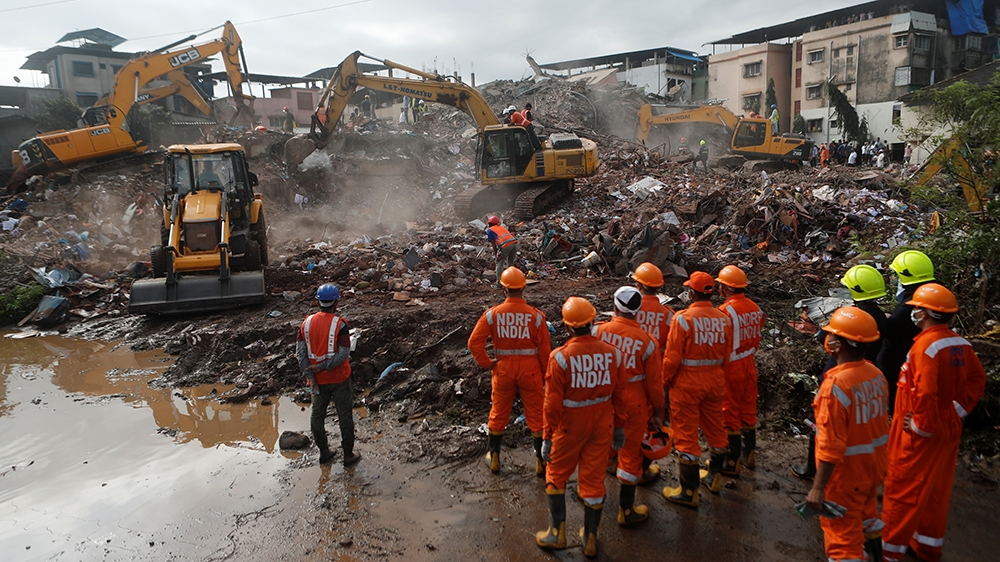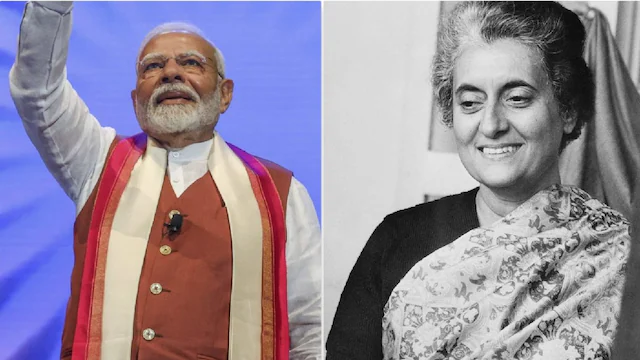Now Reading: Vice President Jagdeep Dhankhar Finds Himself Isolated Amid Political Tensions
-
01
Vice President Jagdeep Dhankhar Finds Himself Isolated Amid Political Tensions
Vice President Jagdeep Dhankhar Finds Himself Isolated Amid Political Tensions
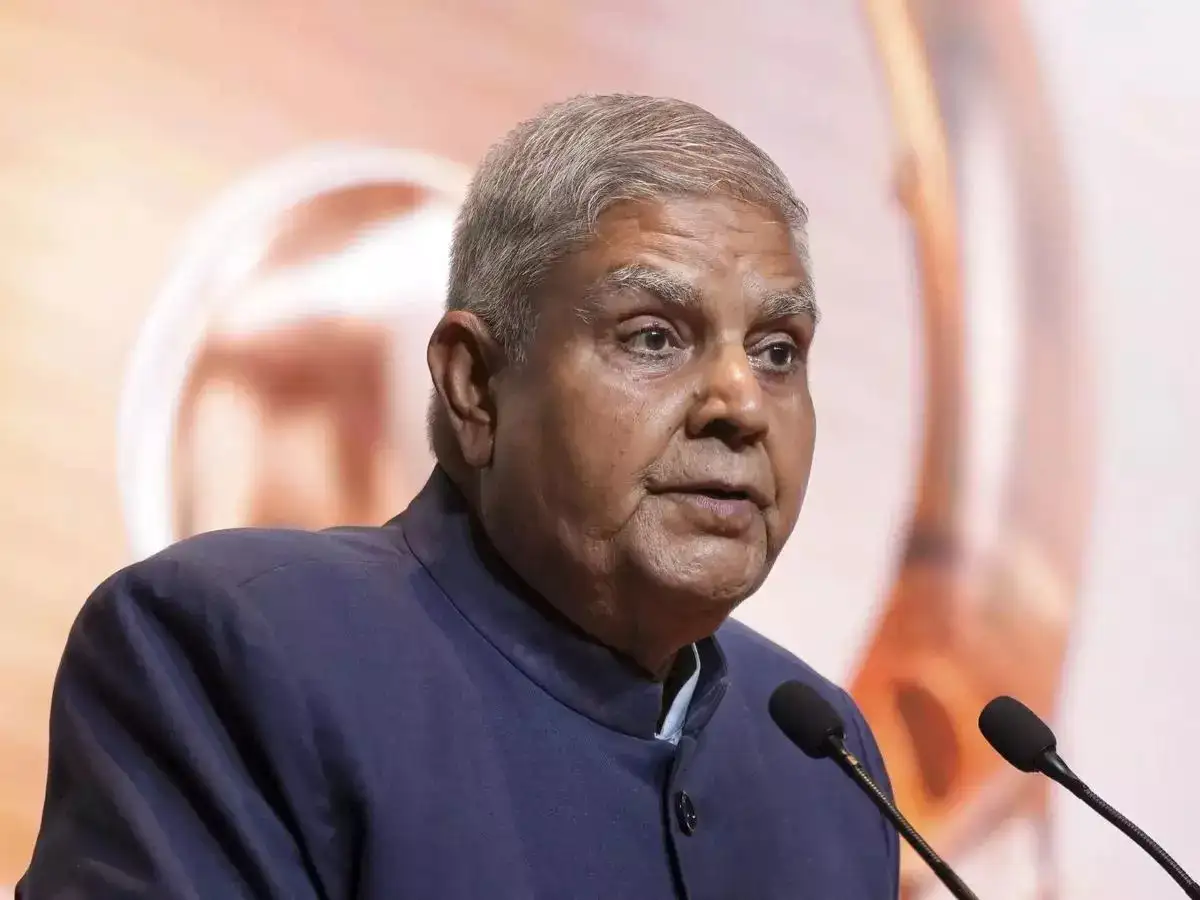
India’s Vice President Jagdeep Dhankhar appears to be caught in a politically awkward space, as parties across the spectrum carry on with their strategies while his position grows increasingly symbolic. Once seen as an assertive constitutional authority, Dhankhar now seems sidelined in key conversations—both inside Parliament and in political circles outside it.
The Current Scenario
Despite holding the second-highest constitutional post, Dhankhar has been noticeably absent from major political negotiations and moments of legislative confrontation. Parliament has seen multiple disruptions recently, especially over sensitive national issues, but the Vice President’s role in diffusing or addressing these conflicts appears limited.
Even during the ongoing Monsoon Session, where procedural order is key, Dhankhar’s presence hasn’t carried the weight many expected when he took office.
Reasons Behind the Isolation
Some analysts believe Dhankhar’s repeated public criticisms of Opposition parties may have led to a trust deficit. Others point to his open disagreements with certain sections of the judiciary in past months, which may have further distanced him from consensus-building spaces.
Meanwhile, major political parties—ruling and opposition—are now treating the Rajya Sabha Chairpersonship more as a procedural role than a platform for political dialogue. This shift in perception has reduced Dhankhar’s scope for influence.
Impact on Parliamentary Functioning
Dhankhar has often urged for discipline and decorum in the Upper House, but walkouts, sloganeering, and logjams have continued. His appeals for dialogue have rarely led to tangible breakthroughs. While his position still demands adherence to protocol, it seems less effective in real-time conflict resolution.
The Speaker of the Lok Sabha and leaders from the Opposition often engage in closed-door meetings to negotiate deadlocks. Dhankhar, despite his seniority, isn’t seen as a key part of those negotiations.
Relevance for the Indian Political System
This growing distance highlights a broader issue—how top constitutional posts risk being reduced to ceremonial duties if not backed by cross-party consensus and cooperation. For citizens, especially in Tier 2 cities where political awareness is rising, it raises questions about whether the Vice President’s role still carries practical weight or is now largely symbolic.
Conclusion
Vice President Dhankhar’s current position reflects the complex political environment in India, where symbolism often overshadows substance. His challenge now is not just procedural management, but regaining relevance in a landscape that seems to be moving past him. Whether he manages to reassert himself or continues to be sidelined will likely shape how this key constitutional office is perceived in the years ahead.








